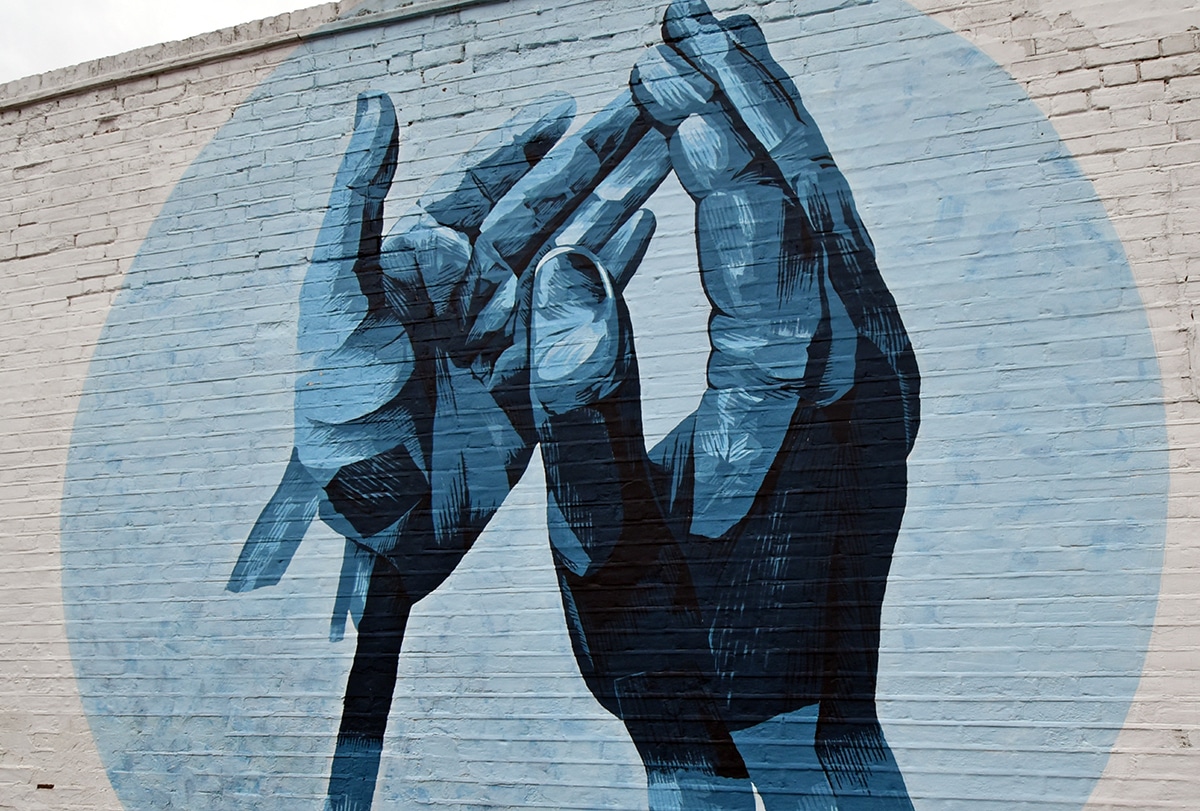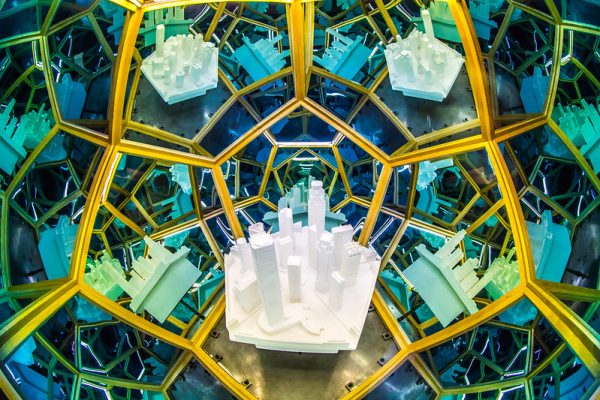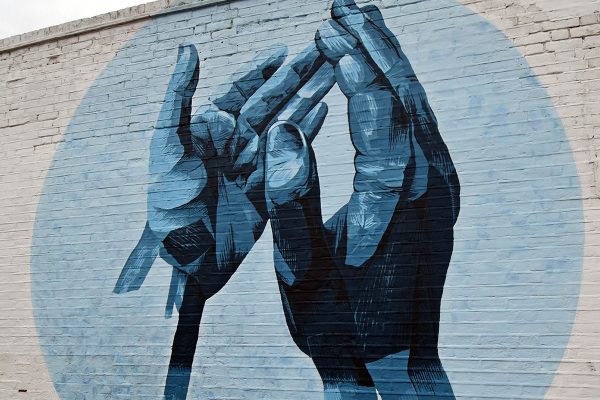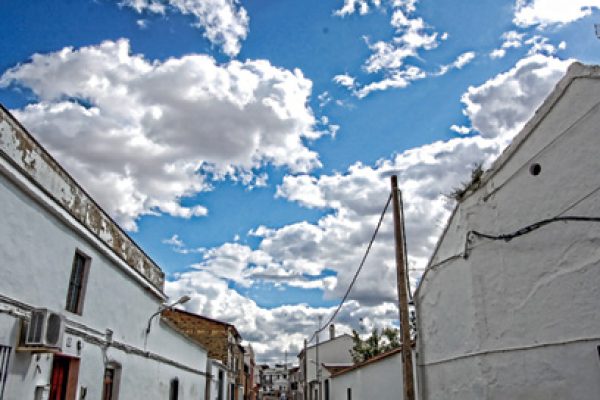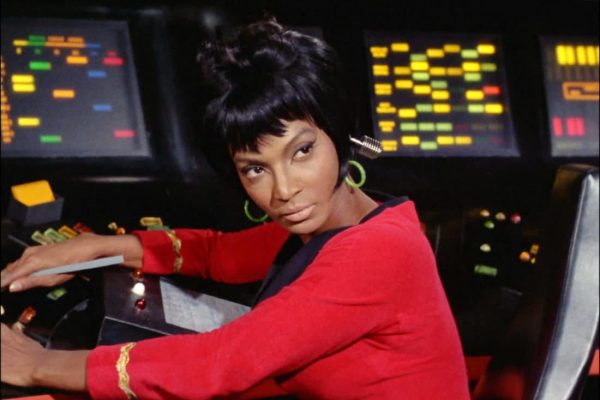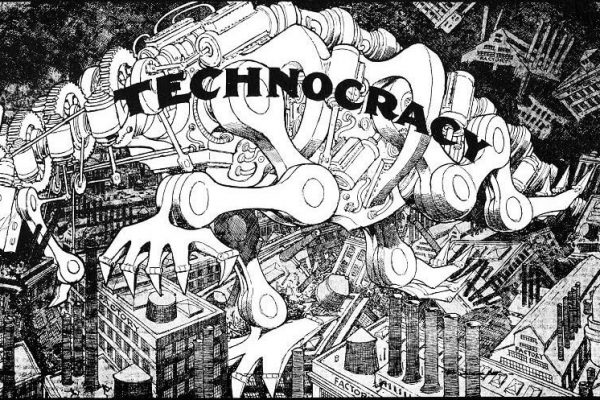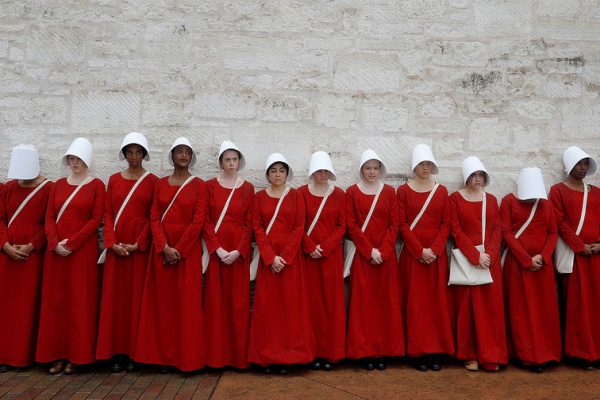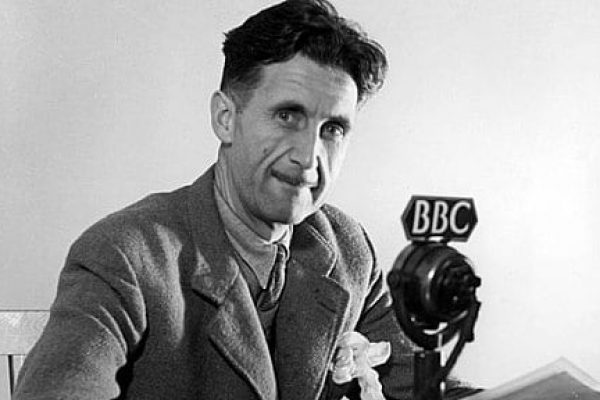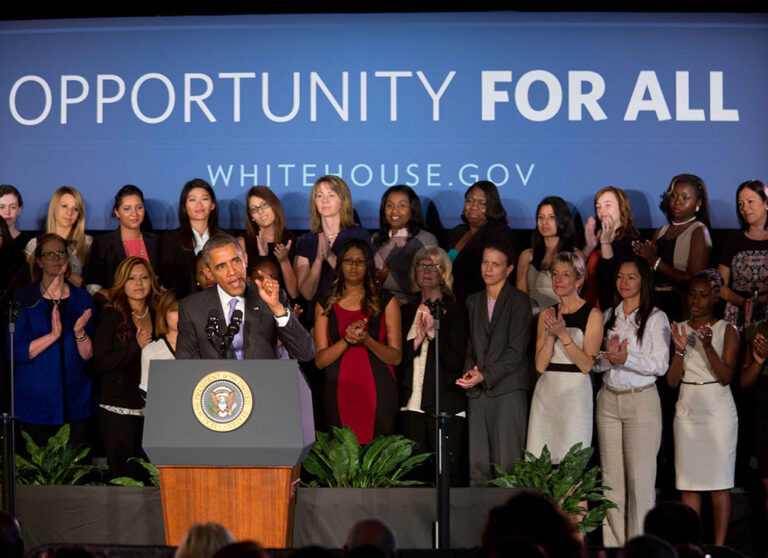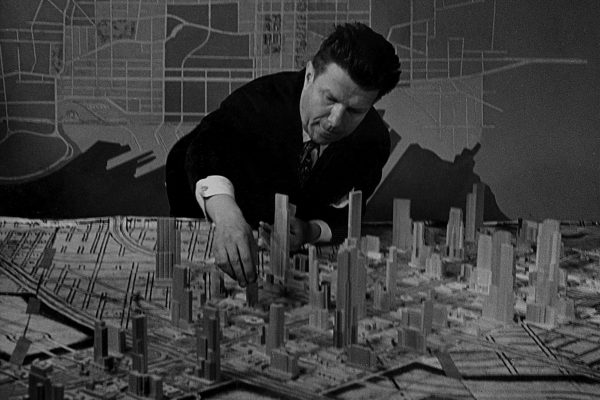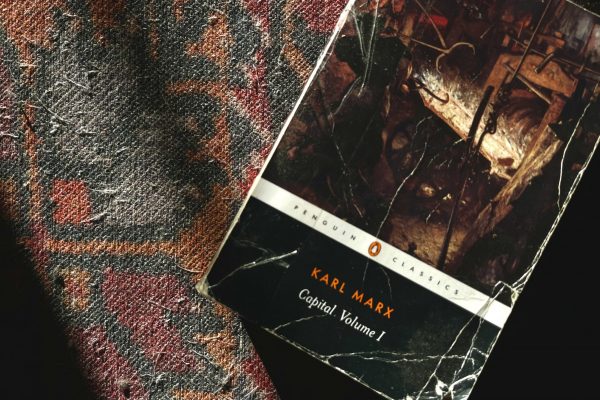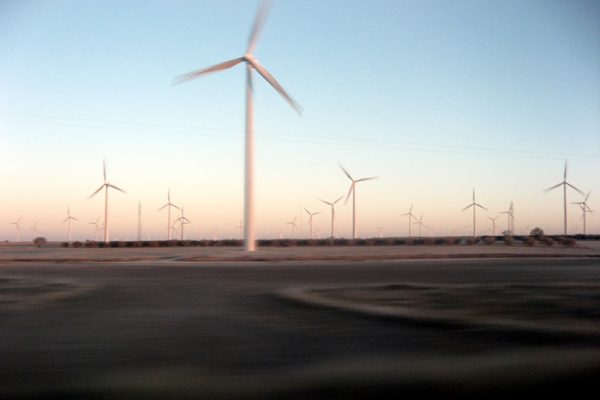From global warming and rising fascism to surveillance capitalism and deaths of despair, it’s hard not to feel that the world is hurtling toward dystopia. At the same time, advances in science and technology, militant youth activism on behalf of climate and social justice, and the global resurgence of egalitarian, social democratic politics offer genuine glimmers of hope: through concerted action, we can not only avert the worst but also set our sights on an emphatically utopian future.
According to Lynne Segal, it’s clear “why dystopian scenarios have become more seductive than ever”—who wouldn’t feel despair in the face of poverty, wars, pandemics, and a rapidly warming planet? Yet maintaining hope amidst today’s ubiquitous “dystopian imagination” is imperative, not least because “pessimism can dangerously align us with a form of reactionary conservatism.” Invoking Marxist cultural theorist Raymond Williams, Segal argues that it is the job of today’s activists and organizers to “make hope possible rather than despair convincing.” To do so, they must emphasize the “pleasure of acting in concert to assert our need for each other and our natural world.”
The novels of Kim Stanley Robinson are another place to find such “resources of hope,” argues Dayton Martindale in his panoramic review of Three Californias, Robinson’s speculative trilogy about possible dystopian and utopian futures. Published in the 1980s and 90s, the novels abound in “moments of real prescience: each book foresees some crucial aspect of America” in the early twenty-first century, providing “helpful tools with which to examine our present.” While “utopias are no substitute for other forms of political action,” Martindale concedes, “they can help orient us toward what we are trying to build.” Especially when it comes to global warming, Robinson’s fictions “offer genuine guidance to the contemporary left, worth mining for ideas as we envision and fight for a Green New Deal.”
Other contributions to this week’s list consider the utopian and dystopian tendencies of our current conjuncture while reflecting on the meaning of these two fundamental categories of modern experience. Matthew Cole tracks the dystopian drift of technocratic ideals and explains their threat to democracy; Christine Sypnowich draws inspiration from the utopian artist and author William Morris to argue for a world of equal flourishing; Sarah Hill asks hard questions about the model Spanish village of Marinaleda, offering reflections on the original utopian, Sir Thomas More, along the way; Junot Díaz interviews Margaret Atwood about The Handmaid’s Tale; Peter Ross examines the legacy of George Orwell; Ian Maxton describes a world beyond traditional notions of time and authorship; Nate File explores the aesthetics and politics of Afrofuturism; and more.
Rereleased this year in a single volume, Kim Stanley Robinson’s trilogy Three Californias imagines three possible futures for the world writ large through the lens of Orange County, California.
Dependence is a fact of all our lives; freedom lies in our capacity to care for others.
Spain's Marinaleda appears to possess all the elements of a radical dream come true. Is it for real?
Democratic theory points to two problems: unjust concentrations of power and a flawed theory of knowledge.
Junot Díaz interviews Margaret Atwood about The Handmaid's Tale, political dystopias, and Drake.
From invading Afghanistan to dismantling Confederate monuments, George Orwell has been pressed into the service of all sorts of causes. But the real Orwell remains unknown.
Forum
Being serious about equality means aiming to ensure we all live equally flourishing lives—not merely that we have the chance to do so.
A biography of Norman Bel Geddes, designer of the Futurama, tells the story of American innovation.
This is my version of the story, but I will illuminate only a corner of it, one that ran parallel to and underneath it, revealing what was left in its wake.
What would it look like if we put our desires at the center of our politics?
A rural town in Spain gives us a glimpse into the challenges we will face in a workless future.
